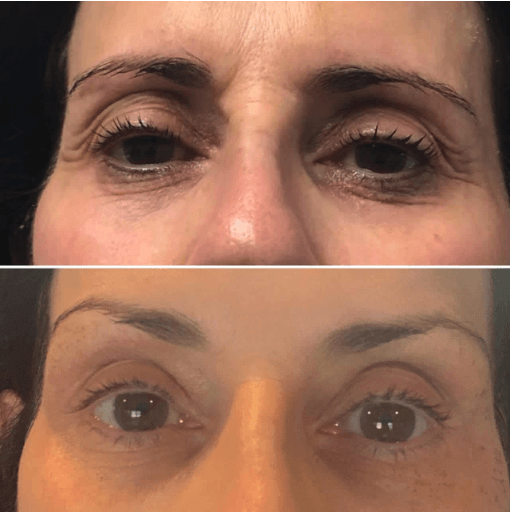One ingredient worthy of praise is vitamin C for skin. This hero ingredient has a stellar reputation by combating uneven skin tone, fine lines, and wrinkles.
Why Use Vitamin C for Skin?
Let’s explore the pros and cons of each form of vitamin C for skin, so that you can find the one that’s right for you.
Exploring the Different Types of Vitamin C for Skin
Vitamin C for skin is a universally beloved supplement with an impressive track record. Consuming this antioxidant can support immune response, while applying it topically can help shield delicate skin from daily aggressors and support a youthful complexion. Often, I suggest that my clients take vitamin c orally when we are using more aggressive treatments. But the key to this citrus wonder doesn’t come down to the product – it’s the particular type of vitamin C for skin that’s being applied.
Let’s delve deeper into the chemistry of this spectacular beauty ingredient, and discover how each form of vitamin C for skin differs from the next. We’ll also touch on why some forms work better in certain formulations – don’t worry, we’ll make it easy!
#1: Ascorbic Acid
Take a look at some of the most popular brightening serum labels and you’ll probably see ascorbic acid or L-ascorbic acid near the top. As the most well-known and well-researched form of vitamin C for skin, it’s the most effective at penetrating the skin barrier.
#2: Sodium Ascorbyl Phosphate
Just because this derivative of vitamin C is less potent than its bigger sister, it doesn’t mean ascorbic acid won’t pack a punch for complexion-boosting results! This type of vitamin C for skin offers special benefits.
#3: Magnesium Ascorbyl Phosphate
MAP is one of the most stable forms of vitamin C for skin. It’s also one of the most hydrating in its class and can effectively soothe skin irritations with its anti-inflammatory properties.
#4: Sodium Ascorbate
Much like its close relative sodium ascorbyl phosphate, sodium ascorbate is a form of vitamin C for skin that offers a wealth of benefits, from scavenging free radicals to lightening skin discoloration.
#5: Calcium Ascorbate
As another mineral salt of ascorbic acid, calcium ascorbate, often referred to as Ester C, plays a pivotal role in collagen synthesis and is beneficial for vitamin C skin care.
#6: Ascorbyl Palmitate
This vitamin C for skin derivative is an all-in-one boosting and brightening superstar!
Forms of Vitamin C Found in Skin Care Products
If there’s one thing vitamin C for skin can pretty much guarantee in any form, it’s those powerful antioxidant properties for countering oxidative skin damage.
There’s a reason why vitamin C for skin serums are so popular, and why it’s a beauty must-have in pretty much every household. Knowing what type of vitamin C for skin to use is the best way to boost your anti-aging and brightening benefits – after all, knowledge is what takes your skin care to the next level.






